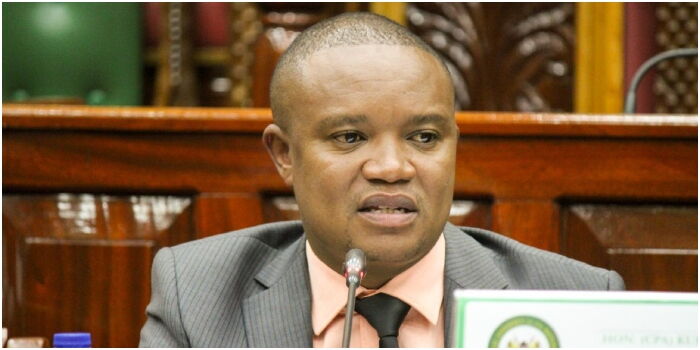On Wednesday, Molo MP and Chairperson of the National Assembly's Finance and National Planning Committee, Kuria Kimani, announced the conclusion of the public participation phase for the Finance Bill, 2024.
In a post on his official social media channels, Kimani assured that all interest groups' views would be considered as the committee begins drafting their report to present to the entire House.
"We have concluded public participation. As we head to the report writing stage, we will work to ensure all your views are accommodated as we aim to strike a balance on the various proposals in the Finance Bill 2024. Let us all work to make Kenya a better country for us all," Kimani stated.
Several interest groups submitted their proposals, raising objections and sharing their perspectives.
Amnesty International, represented by Victor Ndede, presented a memorandum opposing Clause 63 of the Finance Bill 2024, which seeks to exempt the Kenya Revenue Authority (KRA) from the Data Protection Act. Ndede argued that this amendment would limit the right to privacy.
Youth Health Advocates, a youth group from Mombasa, also appeared before the committee. They supported the proposed increase in excise duty on wines and spirits to mitigate health risks associated with these drinks. They urged the committee to retain or increase the proposed rates of Kshs22.5 and Kshs16 per centilitre of pure alcohol for wines and spirits. The group also expressed concerns about the lowered excise rates for beer in the Finance Bill 2024 and recommended increasing these rates to discourage consumption and protect vulnerable groups.
With public hearings concluded, the bill now advances to the second reading in the National Assembly. According to a Parliamentary fact sheet, this stage involves a full House debate on the bill's merits and demerits. The debate begins with the bill's sponsor moving the bill, followed by seconding from any member. If the bill is not seconded, it is withdrawn.
Should the bill pass the second reading, it moves to the committee stage, where House members consider it clause by clause, overseen by the Deputy Speaker or a member of the chairpersons' panel. After this, the bill progresses to the report stage, third reading, and finally, the President's assent.

